As part of the partnership with the LSU School of the Coast and Environment, a group of eight Parole Project clients and staff visited Louisiana’s coastal marshes to learn about the fragile marine ecosystem. The group traveled to the Louisiana Universities Marine Consortium (LUMCON) research facility at Cocodrie, where the land ends and the marsh begins, ready to spend a day on the water.
After a mandatory safety orientation from LUMCON Marine Education Coordinator Murt Conover, the group, which included LSU Coastal Sciences Professor Mark Benfield and Southern University Computer Science Professor Sudhir Trivdei, boarded the MV Acadiana, one of LUMCON’s coastal research vessels, and headed out into the Houma Navigation Canal on the way to Terrebonne Bay. The field trip was part of a 12-week computer skills class for Parole Project clients designed to expose them to the importance of coastal environmental research and the class’s ultimate purpose—having the students put their learned skills to use in the last few weeks identifying and counting fish species on underwater video taken by submersible vehicles around man-made offshore structures.
As the vessel left the dock on the cool, cloudless Sunday morning, the passengers headed to the bow as Conover gave a short lecture about the areas’ topography and ecology. When the Acadiana reached Terrebonne Bay, the group was told, Conover and the vessel’s captain would lower a 12-foot trawl net to make a sample “drag,” then pull it up to count and document the number and variety of marine species caught. As the small catch was sorted by the group on the boat’s aft deck, Conover began verbally identifying the different species: everything from shrimp to anchovy, to trout and blowfish. “It takes all of them to balance the ecosystem,” she said. “They are all part of a complicated food chain.”
While the field trip’s purpose was for the computer class students to gain some perspective, it turned out to be fun as well as educational. “All those years spent away, I never thought I’d get the chance to experience something like this,” said Parole Project client Terri. “I’ve learned to use a computer and will learn to count fish, and now I am on the water. I couldn’t ask for a better day.”
The data that they process will provide valuable information about the ecosystem relationship between marine life and the offshore structures. The skills learned by the students will translate into broader employment opportunities. Investing in training programs for persons who have earned second chances after serving long sentences is smart. Having them spend a day on the water enjoying the natural beauty of Louisiana’s coastal marshes—that’s priceless.




